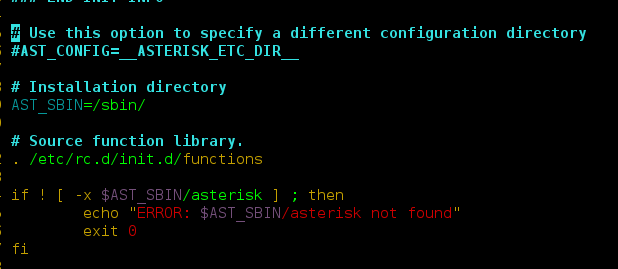Given a list of elements, the task is to write a Python program to get all ranges of K greater than N.
Input : [2, 6, 6, 6, 6, 5, 4, 6, 6, 8, 4, 6, 6, 6, 2, 6], K = 6, N = 3
Output : [(1, 4), (11, 13)]
Explanation : 6 is consecutive from index 1 to 4, hence 1-4 in result. 7-8 also has 6, but its less than 3 size range, hence not included in result.
Input : [2, 1, 1, 1, 1, 5, 4, 1, 1], K = 1, N = 3
Output : [(1, 4)]
Explanation : 1 is consecutive from index 1 to 4, hence 1-4 in result. 7-8 also has 1, but its less than 3 size range, hence not included in result.
Method #1: Using loop
In this, each occurrence of K is traced and a nested loop is employed to get the size of the range. If the range size is greater than N, the range is recorded in the result.
Python3
# Python3 code to demonstrate working of# Consecutive Ranges of K greater than N# Using loop# initializing listtest_list = [2, 6, 6, 6, 6, 5, 4, 6, 6, 8, 4, 6, 6, 6, 2, 6]# printing original listprint("The original list is : " + str(test_list))# initializing KK = 6# initializing NN = 3res = []strt, end = 0, 0prev = 1for idx, ele in enumerate(test_list): # if ele K assign end if ele == K: end = idx # if prev ele not K, reassign start if prev != K: # previous item one strt = idx else: # if range is greater than N, append to result if prev == K and end - strt + 1 >= N: res.append((strt, end)) prev = ele# printing resultprint("The extracted ranges : " + str(res)) |
Output:
The original list is : [2, 6, 6, 6, 6, 5, 4, 6, 6, 8, 4, 6, 6, 6, 2, 6]
The extracted ranges : [(1, 4), (11, 13)]
Time Complexity: O(n)
Auxiliary Space: O(n)
Method #2 : Using enumerate() + zip() + list slicing + list comprehension
In this, all the pairs of ending and starting of K are extracted with previous and next element respectively. The pairs index are then checked to have required ranges in between to add to the result in the list.
Python3
# Python3 code to demonstrate working of# Consecutive Ranges of K greater than N# Using enumerate() + zip() + list slice + list comprehension# initializing listtest_list = [2, 6, 6, 6, 6, 5, 4, 6, 6, 8, 4, 6, 6, 6, 2, 6]# printing original listprint("The original list is : " + str(test_list))# initializing KK = 6# initializing NN = 3# getting break pairs indicesbrk_pairs = [idx for idx, (x, y) in enumerate( zip(test_list, test_list[1:]), 1) if (x == K) != (y == K)]# The ranges are checked for size requiredres = [(idx, ele - 1) for idx, ele in zip([K] + brk_pairs, brk_pairs + [len(test_list)]) if ele - idx >= N and test_list[idx] == K]# printing resultprint("The extracted ranges : " + str(res)) |
Output:
The original list is : [2, 6, 6, 6, 6, 5, 4, 6, 6, 8, 4, 6, 6, 6, 2, 6]
The extracted ranges : [(1, 4), (11, 13)]
Time complexity: O(n*n), where n is the length of the test_list. The enumerate() + zip() + list slicing + list comprehension takes O(n*n) time
Auxiliary Space: O(n), extra space of size n is required




